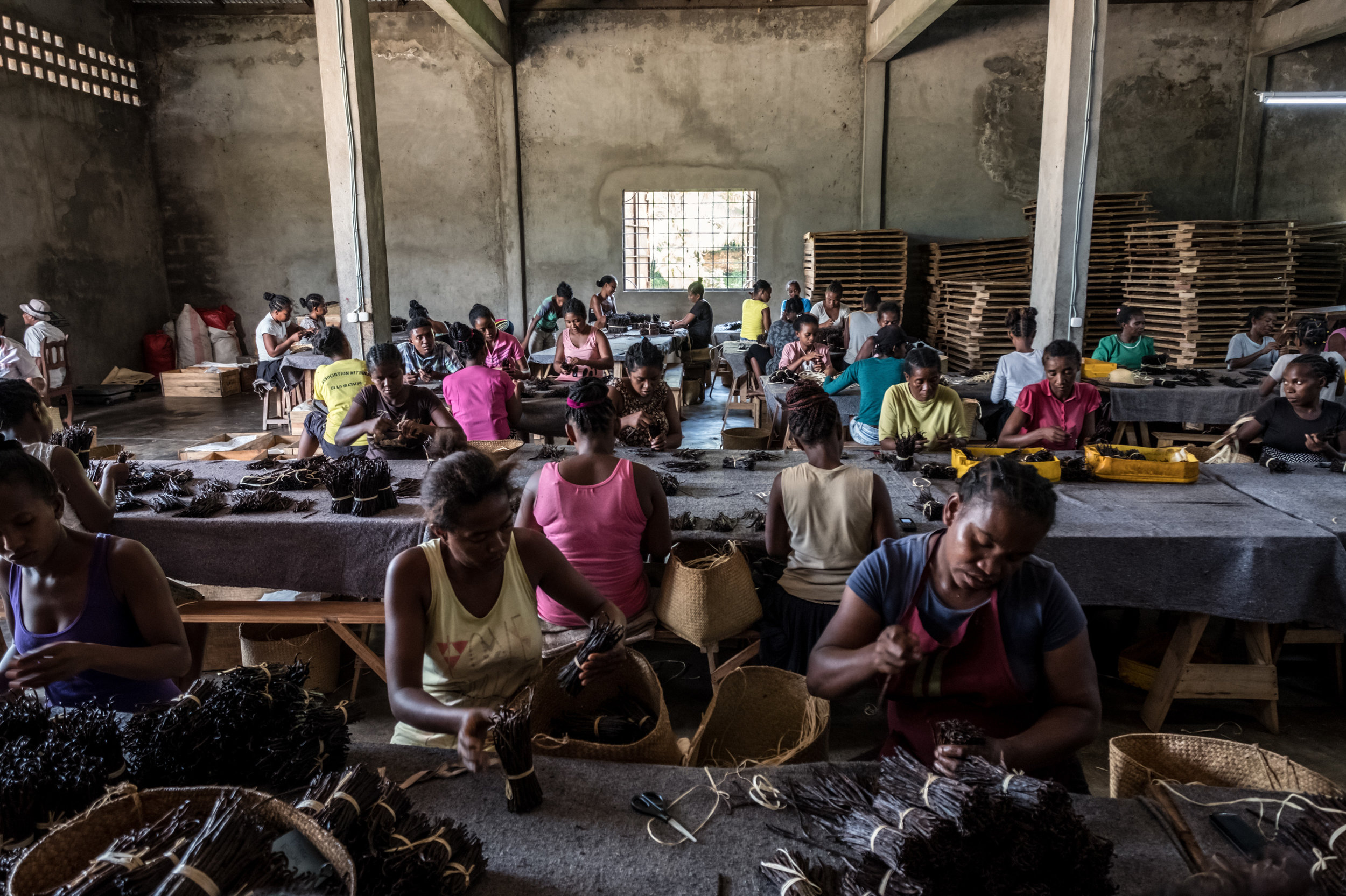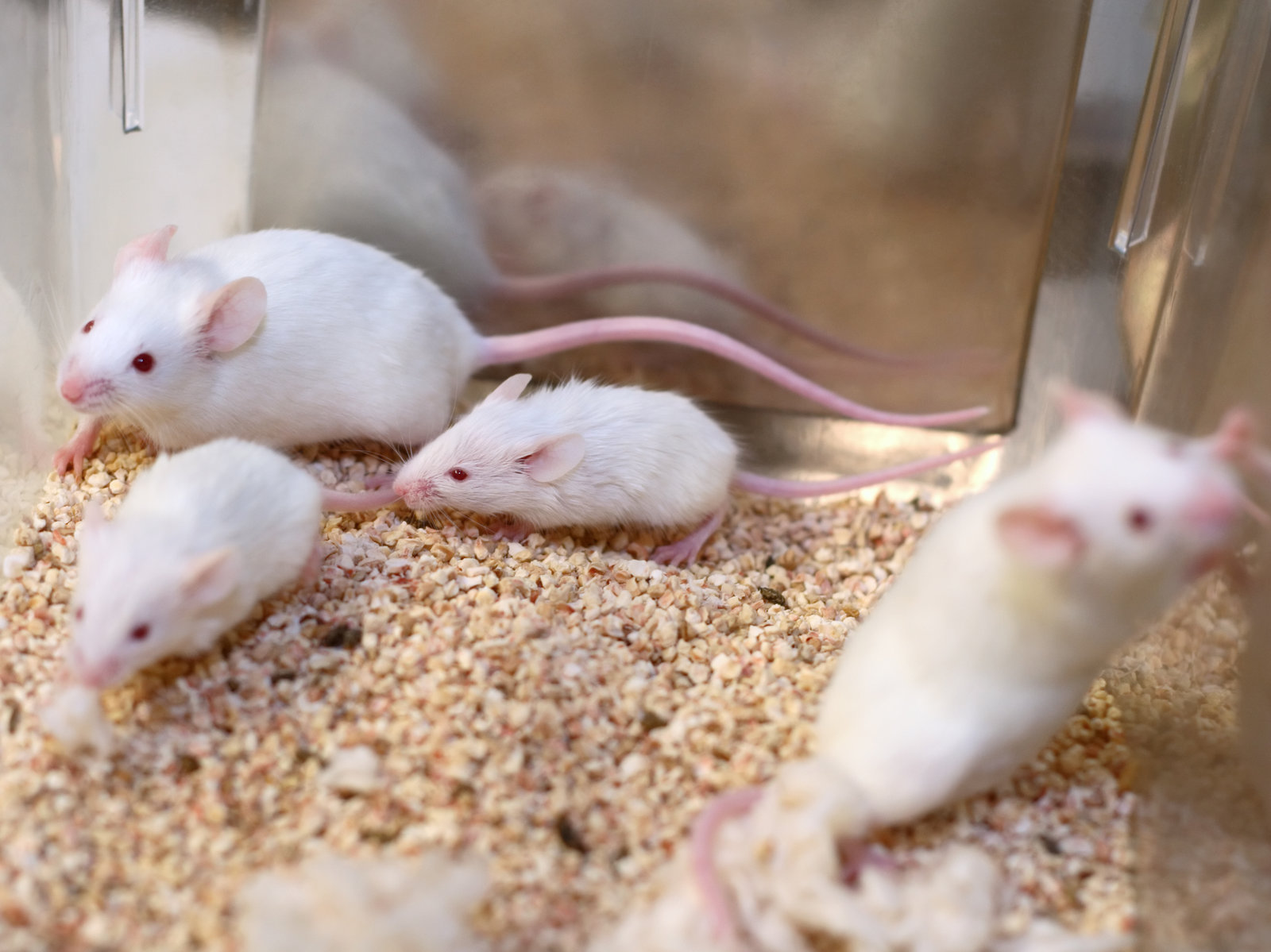 Friday, October 4, 2019 at 12:40PM
Friday, October 4, 2019 at 12:40PM I, Robot: Our Changing Relationship With Technology
"When we have a question about something embarrassing or deeply personal, many of us don't turn to a parent or a friend, but to our computers: We ask Google our questions."
of us don't turn to a parent or a friend, but to our computers: We ask Google our questions."
"As millions of us look for answers to questions, or things to buy, or places to meet friends, our searches produce a map of our collective hopes, fears, and desires."
"Seth Stephens-Davidowitz, a former data scientist at Google, analyzes the information we leave behind on search engines, social media, and even pornography sites. He's the author of the book Everybody Lies: Big Data, New Data, and What the Internet Can Tell Us About Who We Really Are."
"'I think there's something very comforting about that little white box that people feel very comfortable telling things that they may not tell anybody else about: Their sexual interests, their health problems, their insecurities. And using this anonymous aggregate data, we can learn a lot more about people than we've really ever known,' he said."
"By mining data from the internet, Stephens-Davidowitz has found surprising correlations that tell a far different story than those presented by surveys. Online data allow him, for example, to estimate the percentage of American men who are gay; to predict the unemployment rate weeks before the federal government releases official statistics; and to uncover parents' unconscious biases against girls."


















